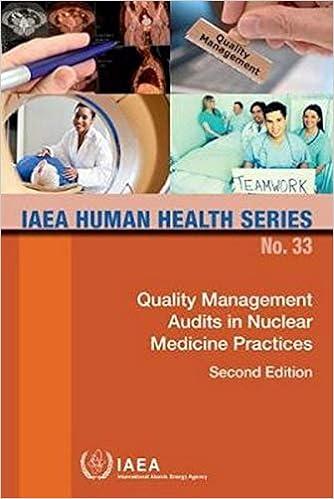add citation and reference

Banking Sector: Camada has various laws and regulations in place related to banking information, HR and advantages, human rights legislation, bona fide occupational requirement, and reasonable accommodation. Here's an overview of these topics: Banking information: - Bamks in Canada are regulated by the federal govemment through the Office of the Superintendent of Financial Institutions (OSFI). - The Personal Information Protection and Electronic Documents Act (PIPEDA) regulates private sector organizations' collection, wse, and disclosure of personal information, including banks. PIPED sets out rules for obtaining and using an individual's banking information. HR and advantages: - The Canada Labour Code outlines the minimum employment standards for federally regulated industries, including banking. It covers issues such as hours of work, orertime pay, and vacation entitlement. - The Canadian Human Rights Act prohibits discrimination in employment on the basis of race, national or ethnic origin, colour, religion, age, sex, sexual orientation, marital status, family status, disability, or conviction for an offense for which a pardon has been granted. - The Employment Equity Act requires employers to identify and remove barriers to employment for members of designated groups (women, Indigenous peoples, persons with disabilities, and visible minorities). Human rights legislation: - In addition to the Canadian Human Rights Act, each province and territory has its own human rights legislation that prohibits discrimination in employment, bousing and other areas based on a variety of grounds. These include age, ancertry, gender identity, gender expression, disability, religion, and sexur ondentation. - Employers are required to accommodate employees with dicabilities to the point of undue hardship, which means that they must make reasonable efforts to accommodate an Employee's disability without causing significant difficulty or expense Bona fide occupational requirement. - The Camadian Human Rights Act and provincial buman rights legislation allow for certain employment requirements that might otherwise be discriminatory if they are bonu fide occupational requirements (BFOR). A BFOR is a job requirement that is necessary for the safe and efficient performance of the job. - For example, a bank may require that a teller be fluent in both official baygugges if it serves a largely bilingaal community, or that a loan officer is able to read and anahye financial statements. Reasonable accommodation: - Employers are required to accommodate employees with disabilities to the point of undue hardship, which means that they must make reasonable efforts to accommodate an employee's disability without causing significant difficulty or expense. - Accommodations may include modifications to the physical workspace, adjustments to work schedules or duties, or providing asgistive devices or technology to help the Banking Sector: Camada has various laws and regulations in place related to banking information, HR and advantages, human rights legislation, bona fide occupational requirement, and reasonable accommodation. Here's an overview of these topics: Banking information: - Bamks in Canada are regulated by the federal govemment through the Office of the Superintendent of Financial Institutions (OSFI). - The Personal Information Protection and Electronic Documents Act (PIPEDA) regulates private sector organizations' collection, wse, and disclosure of personal information, including banks. PIPED sets out rules for obtaining and using an individual's banking information. HR and advantages: - The Canada Labour Code outlines the minimum employment standards for federally regulated industries, including banking. It covers issues such as hours of work, orertime pay, and vacation entitlement. - The Canadian Human Rights Act prohibits discrimination in employment on the basis of race, national or ethnic origin, colour, religion, age, sex, sexual orientation, marital status, family status, disability, or conviction for an offense for which a pardon has been granted. - The Employment Equity Act requires employers to identify and remove barriers to employment for members of designated groups (women, Indigenous peoples, persons with disabilities, and visible minorities). Human rights legislation: - In addition to the Canadian Human Rights Act, each province and territory has its own human rights legislation that prohibits discrimination in employment, bousing and other areas based on a variety of grounds. These include age, ancertry, gender identity, gender expression, disability, religion, and sexur ondentation. - Employers are required to accommodate employees with dicabilities to the point of undue hardship, which means that they must make reasonable efforts to accommodate an Employee's disability without causing significant difficulty or expense Bona fide occupational requirement. - The Camadian Human Rights Act and provincial buman rights legislation allow for certain employment requirements that might otherwise be discriminatory if they are bonu fide occupational requirements (BFOR). A BFOR is a job requirement that is necessary for the safe and efficient performance of the job. - For example, a bank may require that a teller be fluent in both official baygugges if it serves a largely bilingaal community, or that a loan officer is able to read and anahye financial statements. Reasonable accommodation: - Employers are required to accommodate employees with disabilities to the point of undue hardship, which means that they must make reasonable efforts to accommodate an employee's disability without causing significant difficulty or expense. - Accommodations may include modifications to the physical workspace, adjustments to work schedules or duties, or providing asgistive devices or technology to help the










